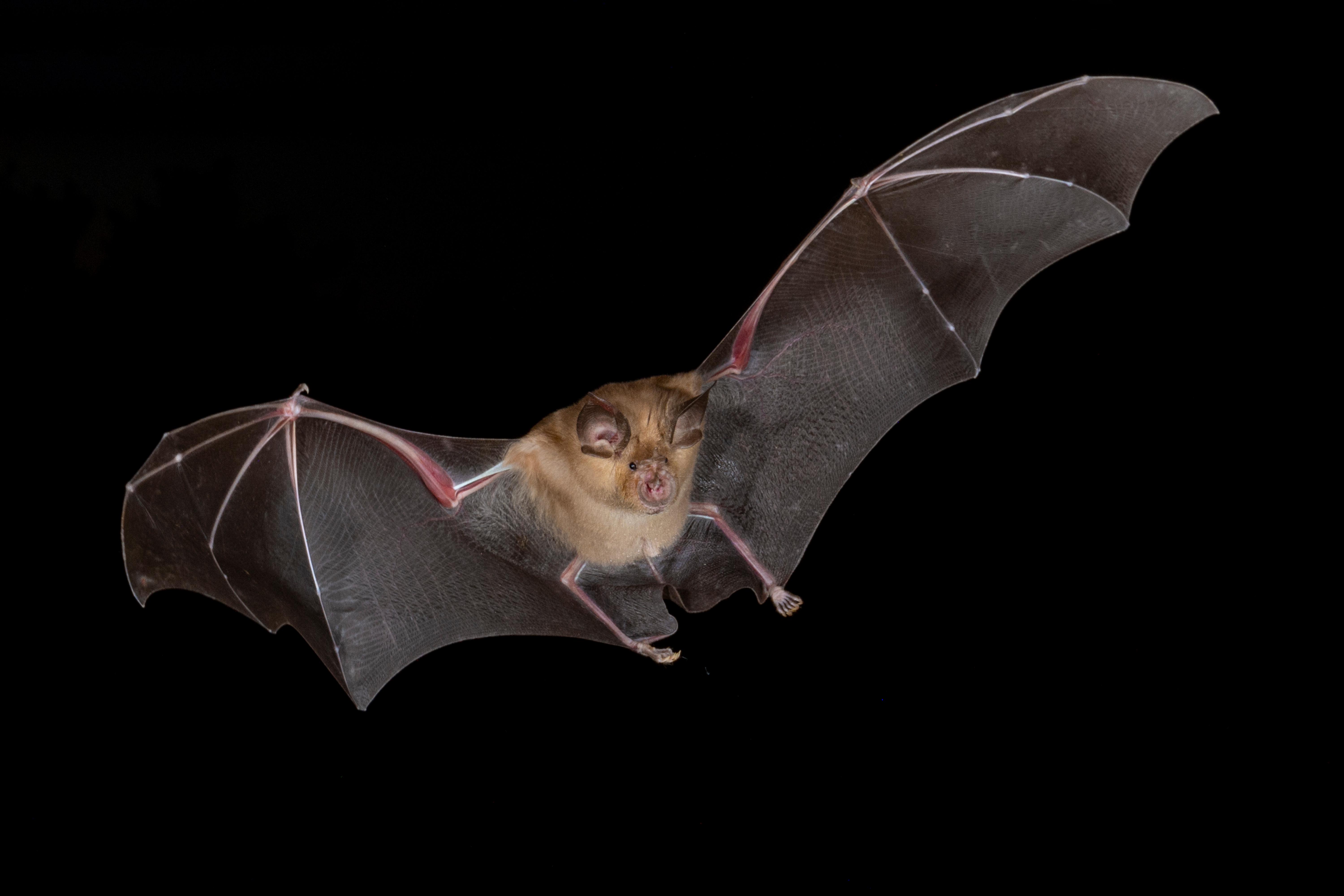Having This In Your Attic Could Cause Serious Illness - Best Life
Your home may be your safe haven, but it can also harbor hidden health risks. In fact, The Atlantic reports that out of 135 million households in the U.S., 30 million have "serious health and safety hazards," such as lead paint, black mold, or poor heating. One hazard—which may originate in your attic—causes fungal infection and can trigger a dangerous respiratory illness. Read on to learn whether you may be at risk, and how to safely disarm the threat inside your home.
READ THIS NEXT: If You Live Here, Watch Out for This Poisonous Spider in Your Home.

The Centers for Disease Control and Prevention (CDC) is sounding the alarm about a fungal infection known as histoplasmosis—a disease they say requires "greater awareness" to ensure public safety. Though most cases are mild, this potentially serious respiratory condition is known to put those with compromised immune systems in great danger. "Knowing about histoplasmosis is one of the most important ways to avoid delays in diagnosis and treatment," their experts write.
Due to environmental conditions, histoplasmosis affects those living in central and eastern states in the U.S.—but especially those in the midwest. It is estimated that between 60 and 90 percent of people who live in areas surrounding the Ohio and Mississippi River valleys have been exposed to the fungus responsible for histoplasmosis, the CDC notes. If you live in these areas, it's important to recognize the signs of histoplasmosis, as well as the key risk factors.
READ THIS NEXT: 6 Things Attracting Mice Into Your Basement.

CDC experts warn that having bats or birds in your attic can put you at heightened risk of histoplasmosis. That's because the condition is caused by fungal spores, which can be found in bat or bird excrement.
Though most often histoplasmosis lives in soil in close proximity to these animals, it can also be found anywhere that many bats or birds congregate. In addition to your attic, chicken coops are also common sites in which the infections spreads.
For more health news sent directly to your inbox, sign up for our daily newsletter.

Many people infected with histoplasmosis are misdiagnosed, since its symptoms can closely mirror other respiratory illnesses such as pneumonia or even tuberculosis. Even more often, the infected person is asymptomatic, and therefore unaware that they are ill.
However, young infants and people with compromised immune systems can develop life-threatening complications resulting from histoplasmosis. People with symptomatic cases often develop a cough, fever, fatigue, chills, headache, chest pain, body aches, and skin rash within three to 17 days of infection, the CDC says.
Those with underlying conditions may also have difficulty recovering. "People who have a lung disease, such as emphysema, can develop chronic histoplasmosis," adds the Mayo Clinic. "Signs of chronic histoplasmosis can include weight loss and a bloody cough," their experts note.

Most often, people are exposed to bat and bird droppings in their homes during deep cleanings or renovations. However, fungal spores can also enter the home from the attic through heating and cooling ducts, pest experts say. Until you are able to safely clean your attic, AAAC Wildlife Removal recommends that you "shut off the heating system and forced air ventilation system, seal the intake mesh as well as the exhaust vents to prevent dust particles and spores from entering the house," and "seal all openings in the contaminated area with heavy duty duct tape and polyethylene sheeting."
To avoid illness, those with weakened immune systems should avoid disturbing areas where there may be bat or bird droppings, and instead hire professionals that specialize in hazardous waste removal to clean or renovate contaminated attic spaces.
Speak with your doctor if you believe you are showing symptoms of histoplasmosis, or have been exposed to a large amount of bat or bird droppings in the past. "Treatments are available for even the most severe forms of histoplasmosis," the Mayo Clinic says.

Comments
Post a Comment